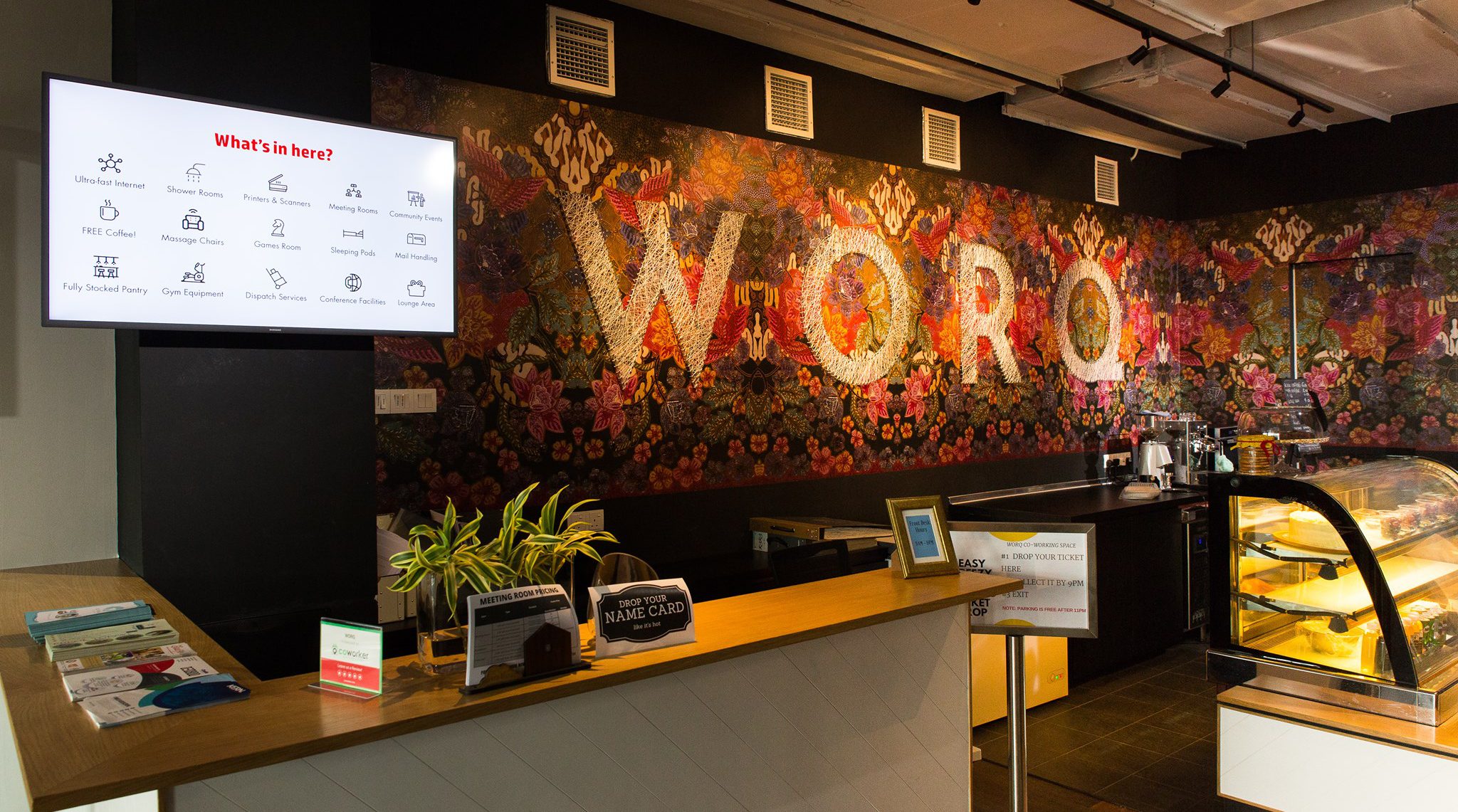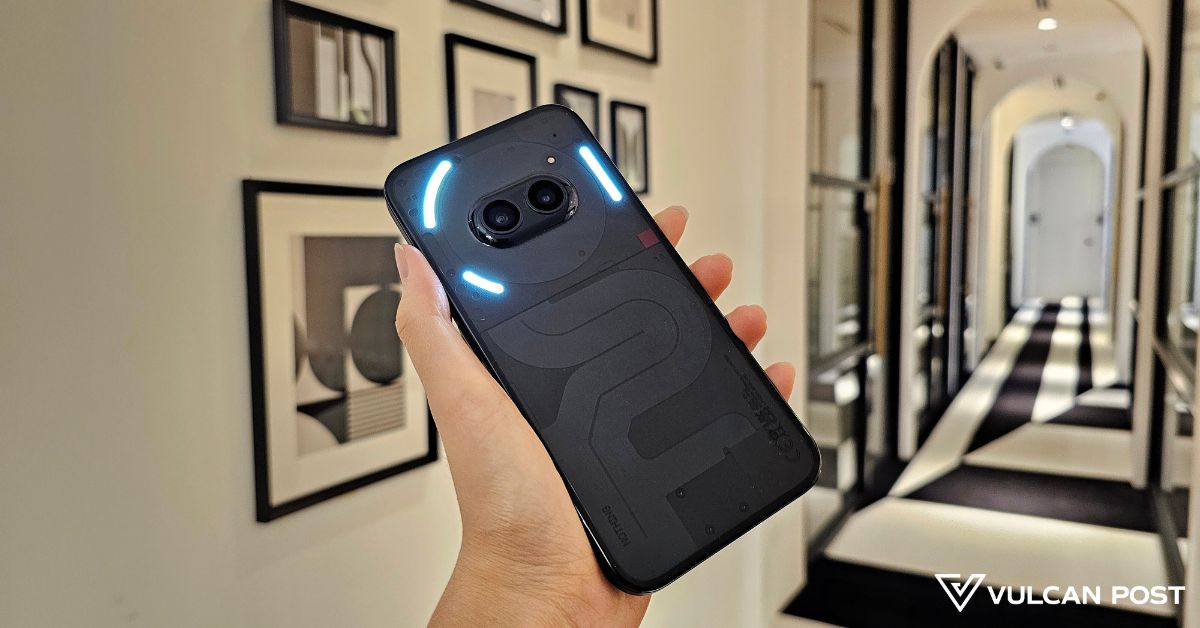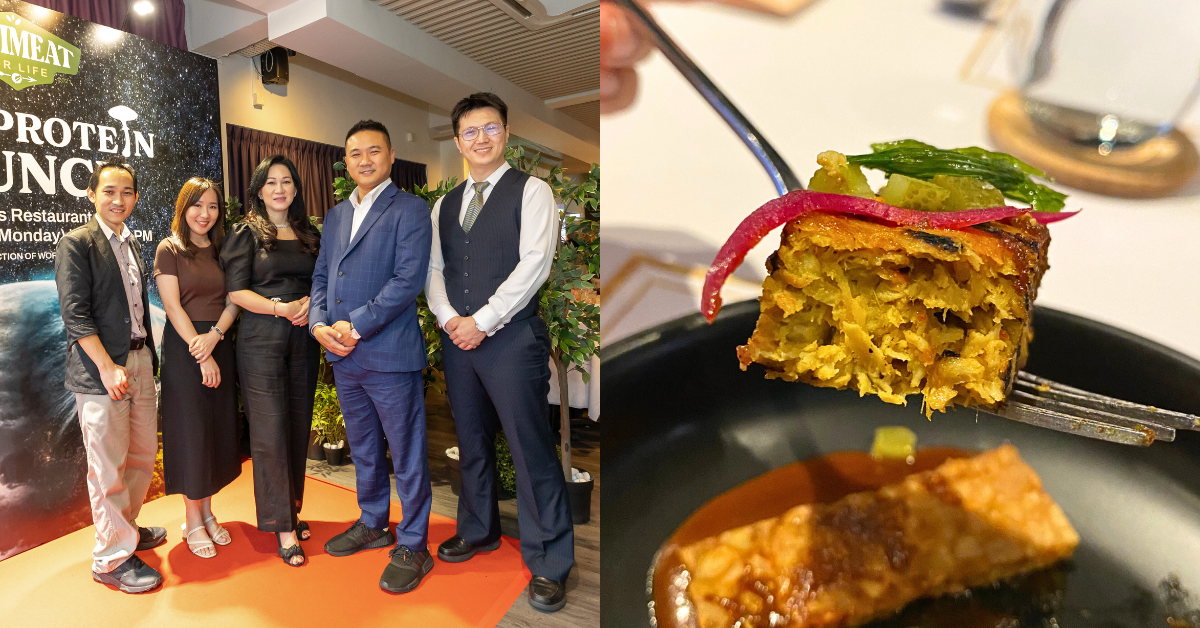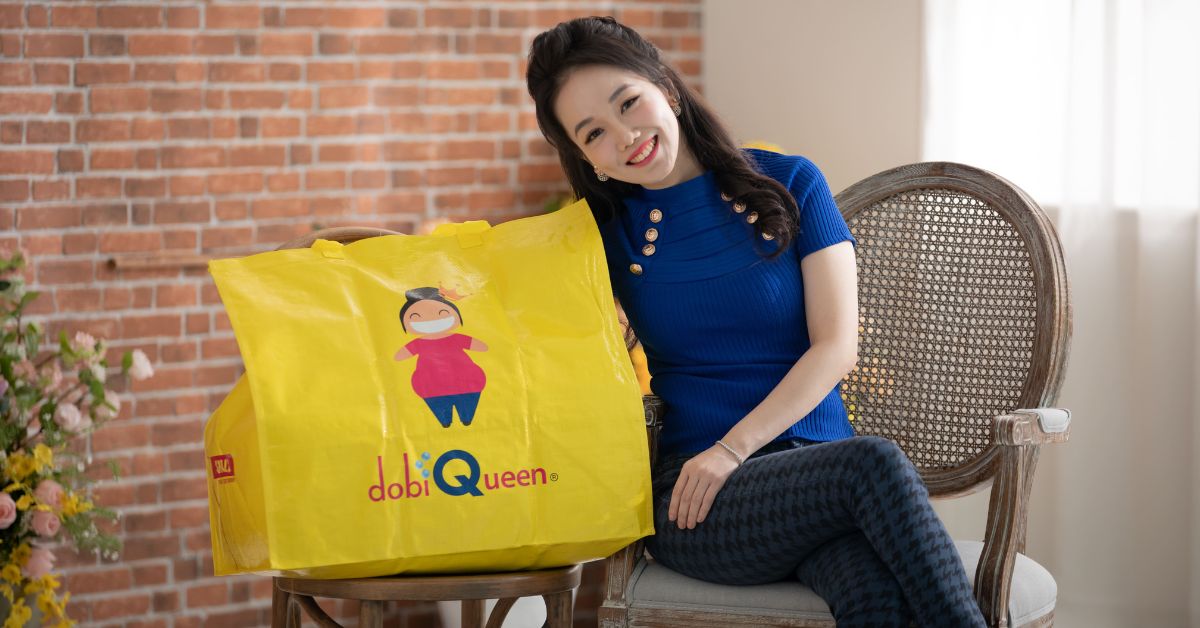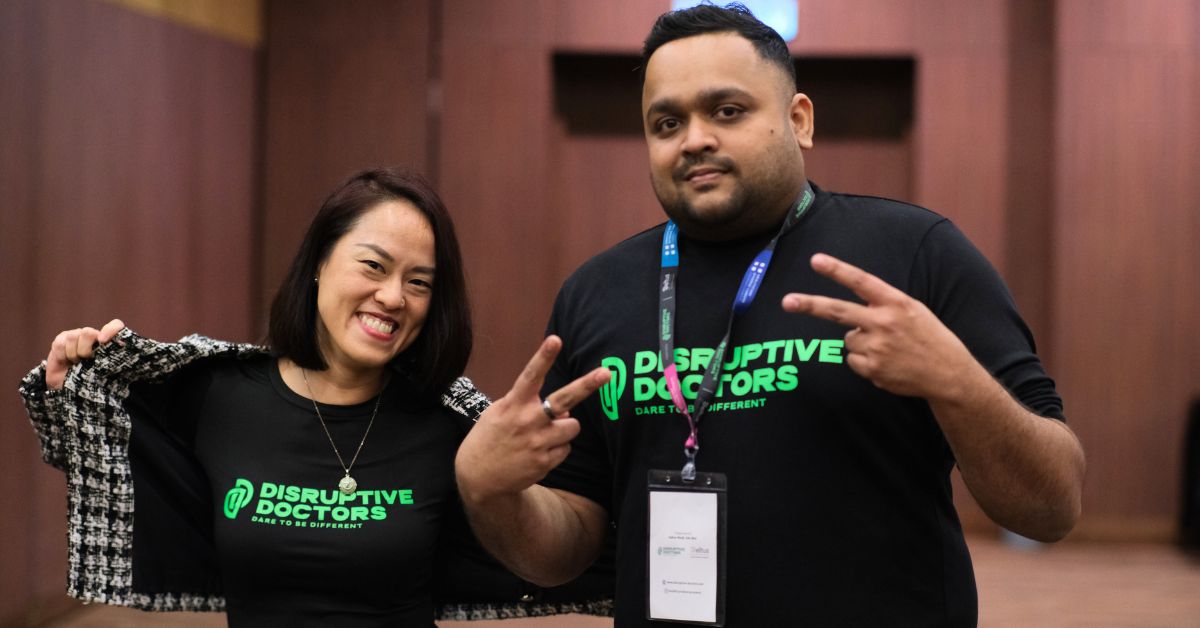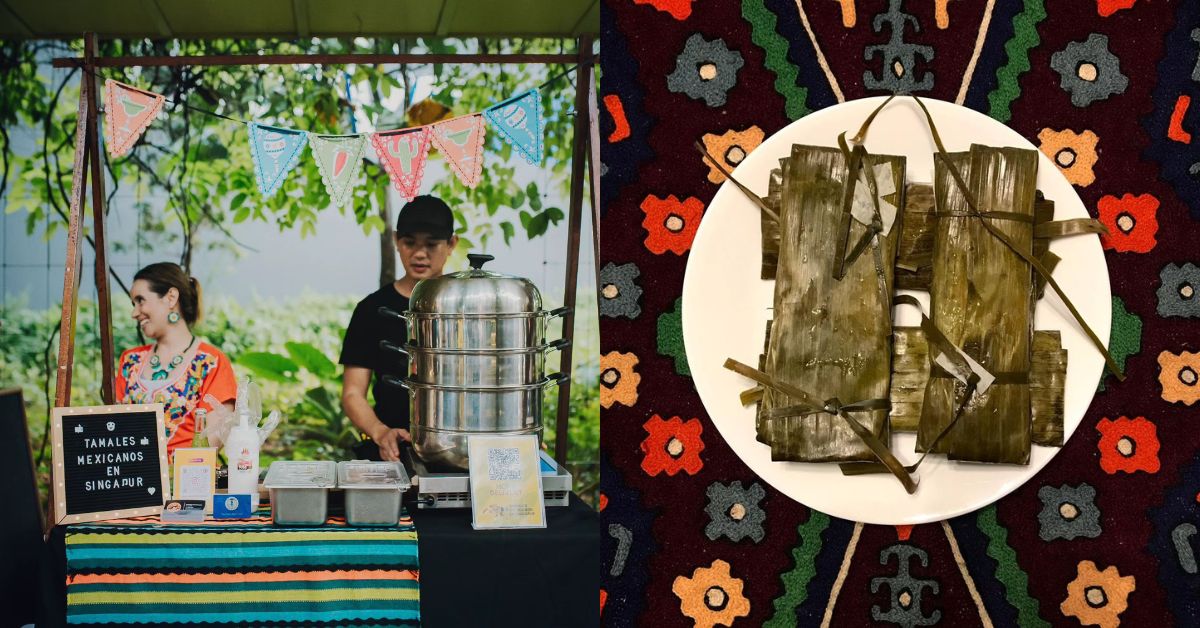Co-working spaces have been popping up like mushrooms lately, and word on the street is that even the realtors have picked up on this new trend. Apparently, they now have databases specifically for founders looking for a co-working space and can easily lead them to the spaces they need.
One of such spaces is called WORQ, renamed from ‘Work’ when they saw that another Malaysian company had taken that name (probably a good move, since WORQ is more Googleable than Work). They are a large-scale co-working space and productivity community located in the Glo Damansara Mall, Kuala Lumpur.
Funded by Cradle, SMG and 500 Startups, they want to offer a space for the community new or old alike to share ideas and collaborate while contributing to the cultivation of the current ecosystem.
By their second month of operation, it seems that the team has found a winning formula. According to the founders, they now have a 95% occupancy and within the month of April there were events happening in their space every other day or so.
As of the official launch yesterday, WORQ has stated that their occupancy rate is high enough that they aren’t too worried about sustainability anymore. They number 5000 people on their extended WORQ network, and the events aren’t stopping. Yesterday was also their inaugural Venture Palooza, an event that brought together startups and established entrepreneurs for talks, panels and networking.
With two more co-working outlets in mind—one in a different country—the team has seemingly hit the ground running, despite the wide variety of choices that potential tenants may have for co-working spaces.

We asked the founders Stephanie and Andrew about what works for WORQ and they gave some insights.
1. Mass Appeal
When it comes to competition, the team stated that they had no problem with other co-working spaces. Andrew even emphasised on the fact that they all had a different market to target.
Many co-working spaces here in Malaysia focus on tech, but WORQ stated that theirs is reliant on more of a mainstream, mass appeal.

Stephanie, who was with Stanford and has connections in Silicon Valley shared her own experiences when speaking with geekier friends. Being someone without tech know-how in a tech space can be very daunting. She compares it to a tech-whiz attending a fashion show in Milan where all everyone could talk about was fashion.
To her, that’s how most other people felt in Silicon Valley. And this was why they decided that WORQ would cater to more than just the tech side of the SME circles.
Despite this, the team said that there seemed to be a burgeoning FinTech circle developing in their space. Since this developed organically, it’s not something they’re going to try stop.
2. Community

As part of their move towards collaboration, Stephanie and Andrew work with Faridah from Coffee For Good by giving her space to work and equipment. In return, Faridah actively helps them source out food from different SMEs. For example yesterday during the launch, on top of Faridah’s coffee, the food available was also sourced from the Autism Café Project.
This exemplifies the team’s handling of their co-working space. They believe in both the give and take part of the process. They help their potential tenants and scene-players and those people then help the team.
“We’ve been working on this for a while and even prior to working on this we were already working on startup events,” said Andrew. “It was easy to reach out to these people because we already know who they are. We’ll tell them we’re coming up, this is what we do and then work together in that sense. At the end of the day, the whole ecosystem is about collaboration; they want to do something, we want to do something and we come up with ways that we help each other.”
Here’s my personal theory: their focus on hosting events for the first couple of months was part of their strategy that helped them gain tenants.
Andrew added on,”(To) promote, we get them to invite other people to come as well. So they become ambassadors on their own and do these things. So it’s a culture that propagates itself. We sort of seed it, we create the environment and we allow them to cultivate it themselves… not to sound like an MLM.”
Adding onto the frequency of the events, Stephanie said, “It’s a testimony to how we’ve reached out to the community and built trust with them. Within the space we already have people who work with each other. So that’s why they come to the space for the nucleus community that we already have here.”
“Let’s say, if I was someone who wanted to run an event, I want a space that is already going to supply me with some of the attendees and can also help me market my event. So people in there are already friends, and then they bring their own people,” and then the cycle repeats itself.
“We spent literally nothing on marketing, it was pure word-of-mouth and goodwill. People came, they loved the vibe, they signed up. It was all very organic as we wanted it to be,” said COO Saovanee and head of marketing.
Andrew and Stephanie also stated that they have an interest in psychology, which perhaps helped them create a space that welcomed conversation and community building.
3. Location, Location, Location

“We have Next Academy beside us, there’s WOBB, there’s BloomThis, so we work on that individually as well to help them promote their products. So I think as a platform, we try to target every party. We ask them, what do you contribute to the ecosystem and what do you want, ” said Andrew.
It’s a small, less obvious but no less crucial piece of the puzzle. They may not be working in the workspace, but since it’s nearby, people are more likely to go, be it for events or networking.
The team states that they find the current arrangement sustainable, and in fact they do hope to last beyond just the current fad. And while they were able to grow relatively fast, whether they and all the co-working spaces popping up now will remain sustainable is yet to be seen.
Currently, with the regular appearance of startups popping up here and there, the model runs smoothly. But can it remain so if the startup scene matures, and the only tenants left are the digital nomads and freelancers?
Or, as the industry keeps evolving, will we see bigger players and larger corporations move into the spaces and inevitably change them, as has been the case overseas?
For now only time will tell, but these open co-working spaces definitely need to keep their ear to the ground and be ready to innovate and rethink their concept again and again, just like the startups that they house in their glass walls.
Feature Image Credit: WORQ

